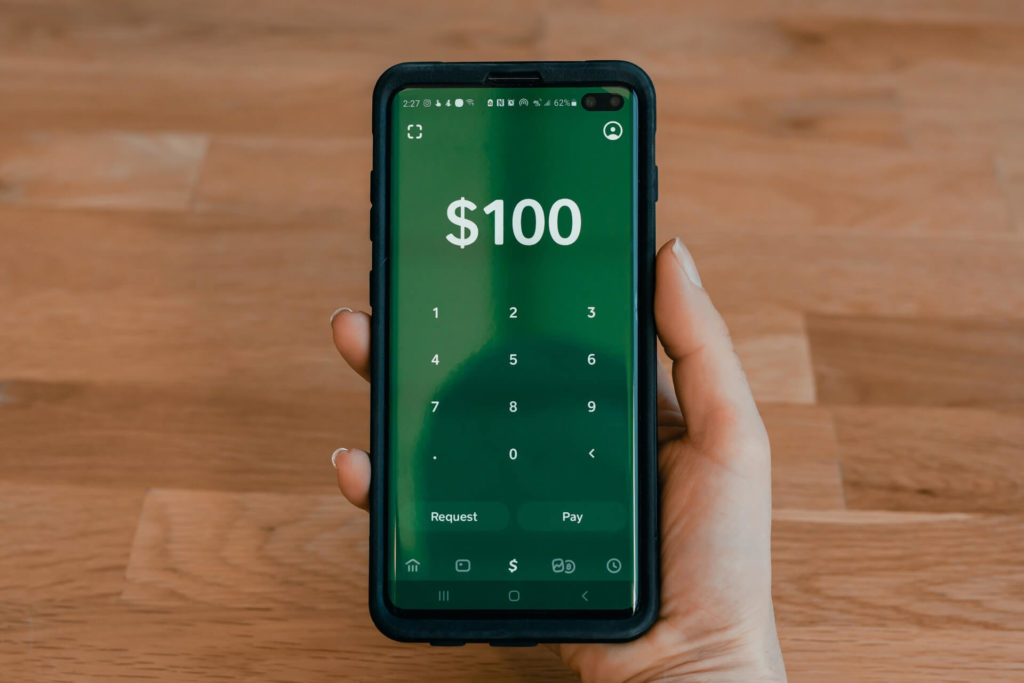Here Is How Wire Transfer Regulations Happen: Protect Yourself
The ability to process financial transactions online has been instrumental in the success of many small businesses worldwide. It has also facilitated the rise of the digital nomad and the independence of individuals working from home. Even those who do not require online services to process significant transactions have benefited from online banking services and eCommerce websites.
In addition, the online world has made it easier for people to move away from the big banks for certain types of transactions. Where the banks once had a kind of monopoly over many financial services, there are now thousands of alternatives available to the discerning consumer.
Scam Detectors Most Trusted Websites in Online Security
- Guard.io (100): Surf the web safely. Clean up your browser, remove maliscious extensions and check for privacy violations.
- Incogni.com (100): Delete your personal data from the internet and protect against scams and identity theft.
- ExpressVPN (100) Stay secure and anonymous online - Best VPN Out There

Unfortunately, this ease of access has also facilitated the emergence of major scams. From phishing scams to fake foreign exchange companies, many people have lost money. For this reason, it is crucial to be particularly careful when you are processing transactions of large sums of money.
This is no more relevant than when dealing with international money transfers. While global money transfer companies provide an excellent alternative to the big banks, with much lower fees and better exchange rates, choosing the wrong provider could lead to a significant loss of funds.
What kinds of scams are we talking about? How do you avoid them?
International Money Transfer Scams
When discussing international money transfer scams, we refer to companies that sell themselves as legitimate foreign exchange businesses but avoid regulation to engage in unscrupulous practices.
The most poignant example was the Crown Currency Exchange debacle in 2010. Crown Currency Exchange was a money transfer company that went bankrupt due to unscrupulous practices. In the process, they defrauded thousands of clients. Clients lost between £100 and £400 000 each. Very little of it was ever recovered.
Technically, Crown Currency Exchange was a legitimate money transfer company. However, they did not have the proper regulation (although they misled clients to believe they did) and did not put the appropriate protections of their clients’ money in place.
The lesson from Crown Currency Exchange is that money transfer company scams are not always easy to spot. A currency transfer company may be operating for years under pretenses, and as long as nothing goes wrong, you may never know. When things do go wrong, however, it is the clients who lose a lot of money.
How do you determine which money transfer companies are legit and which are scams? Here is what you need to know about regulation.
Regulation and Money Transfer Companies
When choosing a financial services provider, you should always go with a company that a trusted regulatory body has vetted. In the UK, all money transfer companies should have FCA regulations for international payments. The Financial Conduct Authority (FCA) is an independent regulatory body that monitors insurance firms, financial advisers, banks, and companies that transfer money internationally. They are not the only regulatory body in the UK, but they are currently the best-known.
In the US, the Consumer Financial Protection Bureau (CFPB) provides similar services. They monitor companies that sell financial services straight to consumers.
These bodies protect you from international money transfer scams but do not make you immune to them. While they keep watch for scam companies, not all dodgy companies can be written off so quickly. It may take a while before misconduct is discovered, during which time you can lose money.
However, when a company can prove itself to the regulatory body, it can get the certification. This means that any company that can prove it has been regulated by the FCA, CFPB, or other relevant bodies is in all likelihood safe.
In practical terms, this means that you must look for regulation information when you go onto a money transfer company’s website.
One problem is that you cannot always take the company’s word for it.
Circumventing Regulation
Crown Currency Exchange had been regulated by the FCA (known as the FSA at the time). However, their regulation did not allow them to provide the services they offered. They fooled clients into trusting them based on code by the FSA.
In the decade since, regulatory bodies have beefed up their standards, doing what they can to ensure unscrupulous companies do not misuse their authorization. But ultimately, it is up to you to do your homework.
To spot scams, check what regulatory body they are registered with. Check what they are authorized to do according to this body. If this includes the transfer of enormous sums of money overseas, you can likely trust them.
Of course, seasoned scammers have developed methods to make it seem legitimate, even to people in the know. This is why you should probably take the following advice.
Choose Respected Companies
It is always tempting to go with a new company that is disrupting the industry. These companies changed the money transfer industry forever, benefiting everyone who has had to make big money transfers.
But unless you are mainly in the know within the industry, you should stick to the well-known, well-reputed companies for now. Companies like Currencies Direct and Wise (FKA TransferWise) have provided clients with excellent service for years. They are registered with the appropriate regulatory bodies and can be trusted.
Aside from new, untested companies, avoid companies offering services that sound too good to be true. When it comes to financial services, the reality is that these offers usually are too good to be true.
Avoiding Scams
Finally, take the standard steps to avoid common phishing scams. Only make transactions from a company’s official site or app. Avoid clicking on links in emails that purport to be from the company. Don’t reply to these emails with your personal account details.
Use the common sense you have built up over the past few years, dodging the increasing number of scams that land in your email inbox. A little bit of due diligence can save you a lot of money.
International money transfer regulations are in place to protect you, but you need to check that the company you trust is registered with the relevant bodies. Do your homework before settling on a provider.
How To Report Suspicious Activity
You can also officially report scammers and any suspicious activities to the FTC (Federal Trade Commission) using the link below:
How To Protect Yourself More
If you want to be the first to receive the newest scams on a weekly basis, feel free to subscribe to the Scam Detector newsletter. You'll receive periodic emails from our team, usually mid-week.
Meanwhile, educate yourself with some other financial fraud-related articles listed right under this paragraph, so that you know how to stay safe online. Last but not least, use the comments section below to expose other online scammers.
Financial Scams: Complete List
Verify a website below
Are you just about to make a purchase online? See if the website is legit with our validator:
vldtr®


TOP 4 MUST-WATCH FRAUD PREVENTION VIDEOS
1. Top 5 Amazon Scams in 2024 2. Top 5 PayPal Scams in 2024 3. How To Spot a Scam Email in 2024
- Latest Posts by Selma Hrynchuk
-
How To Stop Robocalls
- -
Taking Control of Your Data Privacy: Protecting Yourself in 2024
- -
The Urgency of Removing Personal Information from the Internet
- All Posts













